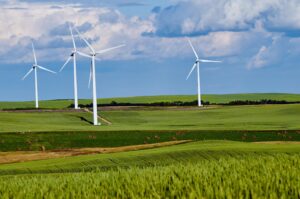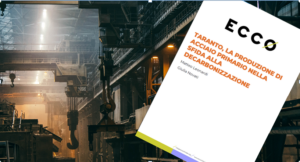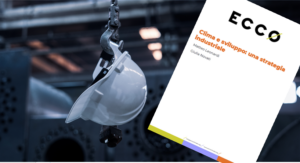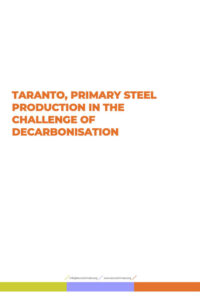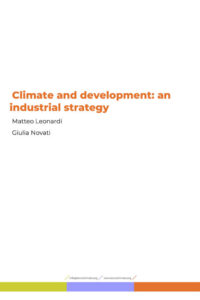Matteo Leonardi is ECCO Co-Founding Director
Matteo is an energy and environment expert with more than 20 years’ experience in decarbonization policies, regulation of energy markets, design and assessment of incentive schemes for renewables and energy efficiency, innovative environmental mechanisms and tax reforms.
He started his professional career at the Association of Italian Renewable Producers, from 2001-2005 he worked at the National Electricity and Gas Authority on renewable incentive schemes and emission trading allowances allocation models. For AEEG he was involved in the process of harmonization of Lithuanian and Turkish energy regulation within the EU acquis and chaired the taskforce on environment for the Council of European Energy Regulators, CEER. He has worked as consultant for public institutions at national level international organizations, research agencies, the private sector, consumers and environmental associations. He has a long experience in developing renewable capacity in developing countries as project manager and international consultant.
Matteo Leonardi holds a degree in Economic History on environmental responsibility of energy industries and an MSc in Environmental Technology-Energy Policy at the Imperial College of London.



